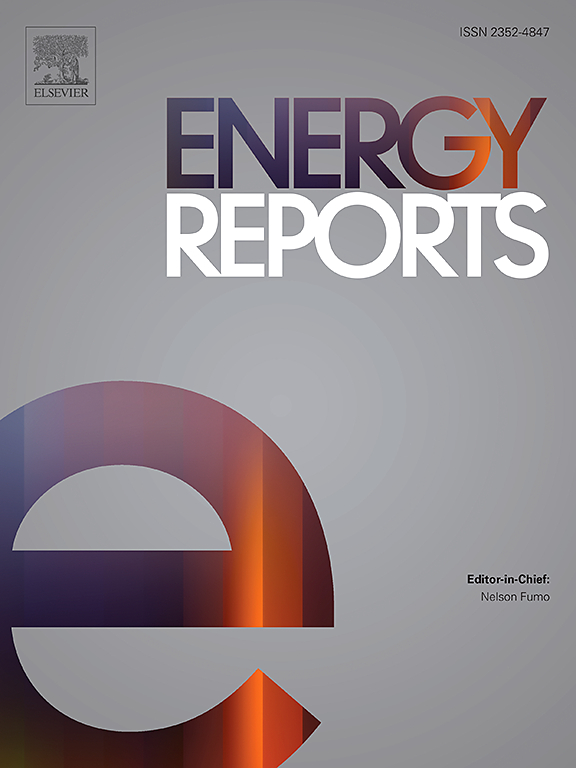智能建筑:使用XAI的联合学习驱动的安全、透明和智能能源管理系统
IF 4.7
3区 工程技术
Q2 ENERGY & FUELS
引用次数: 0
摘要
在现代智能电网和分散式系统中,智能建筑面临着几个关键的能源管理挑战,包括数据隐私问题、对准确实时决策的需求、管理分布式能源(DERs)的复杂性,以及人工智能(AI)系统缺乏透明度,这削弱了用户的信任。传统的能源管理系统依赖于集中的数据收集和处理,来自不同来源的能源数据在一个地方积累和处理。虽然集中化有助于能源分配方面的决策,但它也引发了对数据隐私、网络安全和人工智能决策不透明性质的担忧,所有这些都会削弱用户的信心。为了解决这些问题,联邦学习(FL)和可解释人工智能(XAI)提供了有前途的解决方案。FL分散模型训练,增强数据隐私和安全性,而XAI为AI决策提供清晰的解释,培养用户信任。FL和XAI结合在一起,为智能建筑中的能源管理创造了一个安全、透明和可解释的框架。本文提出了一种fl驱动的XAI模型,旨在改善数据隐私,加速实时决策,提高效率,增加透明度,从而建立用户信任。与先前发表的方法相比,所提出的模型在仿真中表现出优越的性能。本文章由计算机程序翻译,如有差异,请以英文原文为准。
Smart buildings: Federated learning-driven secure, transparent and smart energy management system using XAI
In modern smart grids and decentralized systems, smart buildings face several key energy management challenges, including data privacy concerns, the need for accurate real-time decisions, the complexity of managing Distributed Energy Resources (DERs), and the lack of transparency in Artificial Intelligence (AI) systems, which erodes user trust. Traditional energy management systems rely on centralized data gathering and processing, where energy data from various sources is accumulated and processed in one location. While centralization aids in decision-making regarding energy distribution, it also raises concerns about data privacy, cybersecurity, and the opaque nature of AI decisions, all of which undermine user confidence. To address these issues, Federated Learning (FL) and Explainable Artificial Intelligence (XAI) offer promising solutions. FL decentralizes model training, enhancing data privacy and security, while XAI provides clear explanations of AI decisions, fostering user trust. When combined, FL and XAI create a secure, transparent, and interpretable framework for managing energy in smart buildings. This paper proposes an FL-driven XAI model that aims to improve data privacy, accelerate real-time decision-making, enhance efficiency, and increase transparency, thereby building user trust. The proposed model demonstrates superior performance in simulations compared to previously published approaches.
求助全文
通过发布文献求助,成功后即可免费获取论文全文。
去求助
来源期刊

Energy Reports
Energy-General Energy
CiteScore
8.20
自引率
13.50%
发文量
2608
审稿时长
38 days
期刊介绍:
Energy Reports is a new online multidisciplinary open access journal which focuses on publishing new research in the area of Energy with a rapid review and publication time. Energy Reports will be open to direct submissions and also to submissions from other Elsevier Energy journals, whose Editors have determined that Energy Reports would be a better fit.
 求助内容:
求助内容: 应助结果提醒方式:
应助结果提醒方式:


